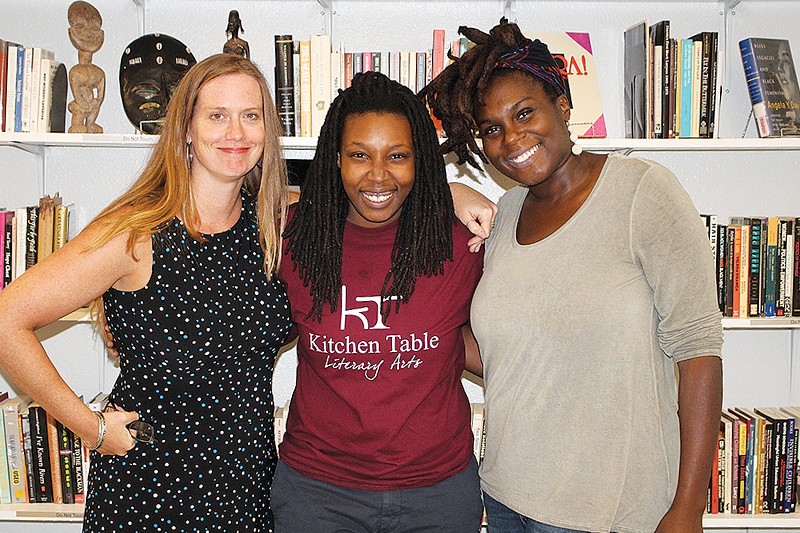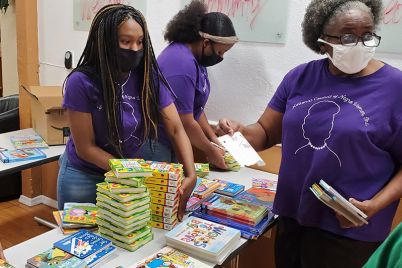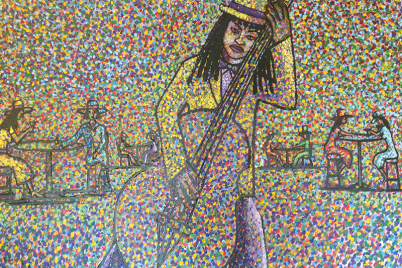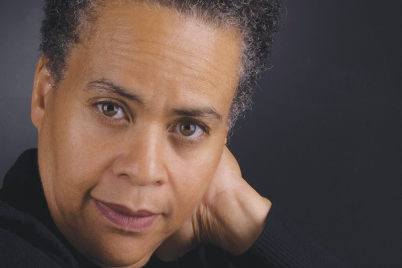L-R, Maureen McDole, SunLit Festival, Tiffiany Anderson, Kitchen Table Literary Arts and Lorielle Hollaway, Cultured Books
BY RAVEN JOY SHONEL, Staff Writer
ST. PETERSBURG — Old-timers like to regale the younger folks with stories of prosperity the African-American community enjoyed along the 22nd Street corridor in the mid-20th century. Once the main thoroughfare for black residents, 22nd Street—affectionately called “the Deuces”— became a safe haven during the Jim Crow era.
Born out of strict segregation and racism, the story of 22nd Street is one of triumph over adversity. Doctors, lawyers, maids and cafeteria workers all lived next to each other in this close-knit community.
On any given night, you were just a hop, skip, and a jump away from music legends headlining the city’s only venue that welcomed black performers. During this time, neighbors helped raised and discipline each other’s children and examples of black pride, black ownership, and black accomplishments lined the 10-block long street.
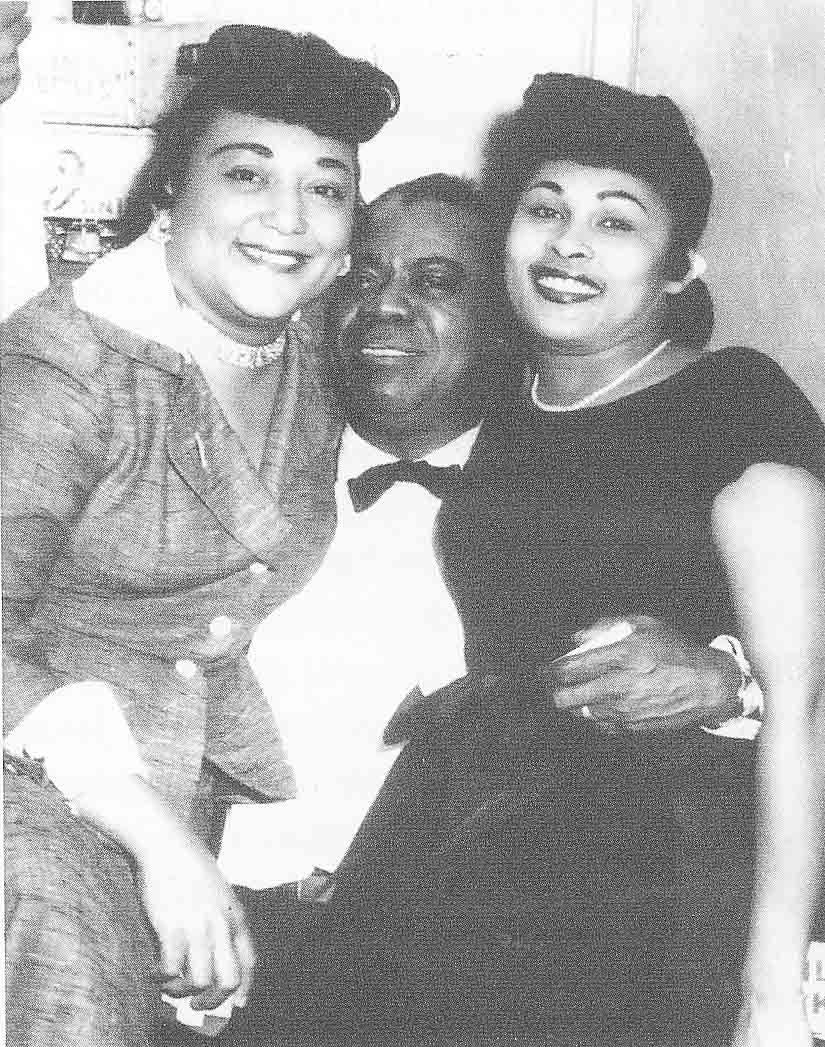
Louis “Satchmo” Armstrong takes a break from a Manhattan Casino gig in the company of two fans, Josephine Smith, left, and Esther Peck Thomas. Courtesy John L. Smith Jr.
It’s been said that 75 percent of the more than 100 businesses on 22nd Street South were black-owned. Nostalgia for this time period is now at an all-time high, especially with the recent emphasis on black entrepreneurship.
In keeping with the nostalgia, Kitchen Table Literary Arts held a workshop entitled “The Life on The Deuces: Intersection of History & Home” at the Carter G. Woodson African American History Museum. As part of the SunLit Festival, last Saturday’s workshop illuminated life on the Deuces and helped writers and inspiring writers hone their literary prose.
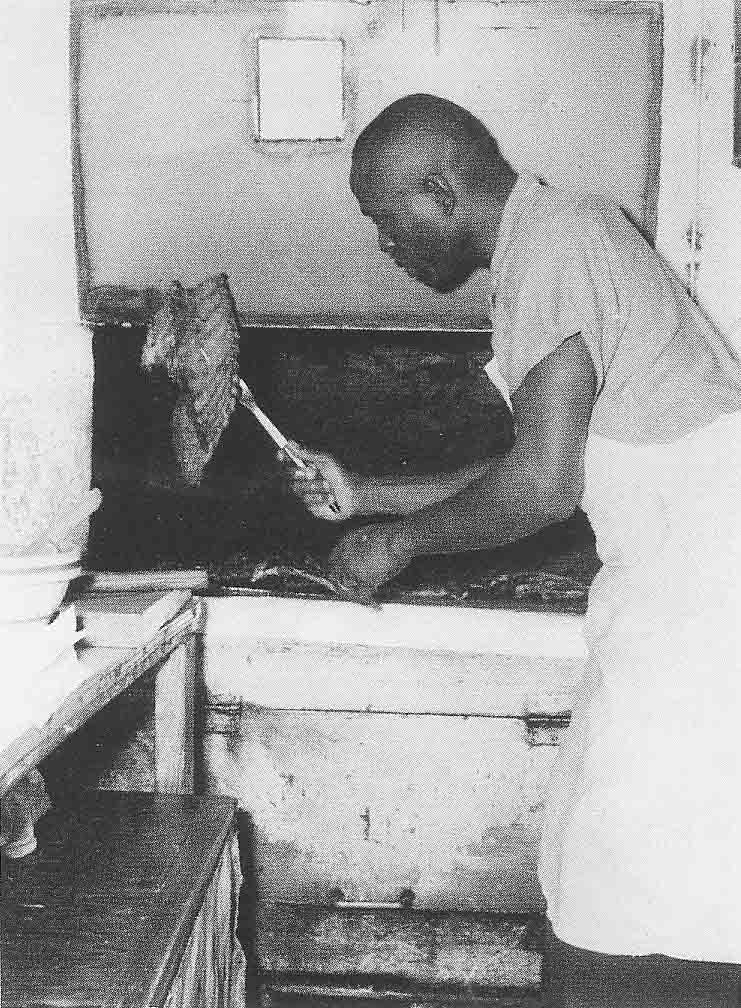
In this late 1950s photo, John “Geech” Black turns out some ribs in his barbecue stand’s kitchen. Courtesy Norman Jones II.
Founded by Sheree L. Greer, the Kitchen Table Literary Arts is a non-profit organization that builds awareness, appreciation, and support for women of color writers, poets, and their work. These workshops are open to the community and the curriculum is tailored to women of color and literature.
“We open our workshops and events to a diverse group of people because we believe these stories about black women and women of color don’t only affect us, but it affects everyone because it’s a part of everyone’s history whether we want to admit it or not,” said Tiffany “Slam” Anderson, community outreach director and workshop instructor.
And although the workshops are centered on women of color, Anderson admits that it’s not easy getting them there.
“We always say how this is what we want and then when we give it and we give it free, we have another excuse for why we’re not there,” she said.
Kitchen Table Literary Arts is also looking for more men to attend their workshops. Anderson said the stereotype that men do not read, write or care about women’s issues must end.
Other than workshops, Kitchen Table holds a monthly book club where they read only books written by women of color. They focus on writers who aren’t as well known as the Alice Walkers or Toni Morrisons.
Kitchen Table Literary Arts partners with different organizations to put on various workshops around town. All they need is a theme and they’ll come up with a curriculum and take it from there.
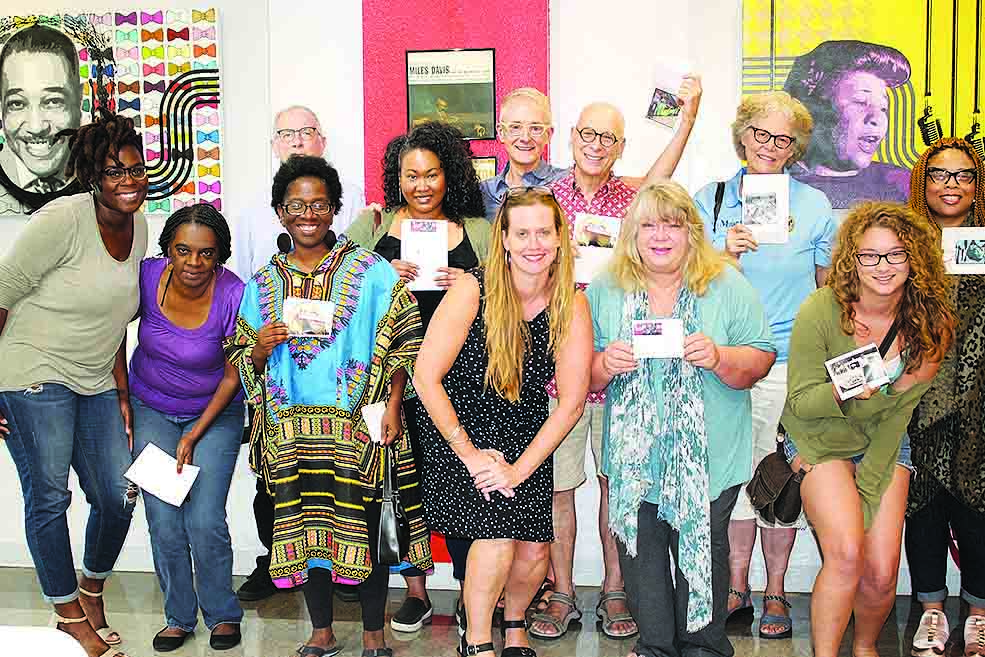
Saturday’s workshop was held in conjunction with Cultured Books, a pop-up children’s bookstore located at The Well, 833 22nd St. S. Owned and operated by Lorielle Hollaway, the bookstore is a place where children can learn to love to read.
In operation for about six months, Hollaway, 27, aims to show children positive images of people of color while widening their world through literature.
The bookstore is opened on Sundays from noon to 6 p.m. and every second and fourth Sunday she has a multi-generational book club. The oldest member of the club is in their 60s and the youngest is two years old.
Not your average book club, Hollaway’s club goes on field trips. The first book they read was the play “A Raisin in the Sun,” and then they attended the play at American Stage. And when they read “A Wrinkle in Time,” you guessed it…they all loaded up and headed to the movie theater to watch the film.

Hollaway opened up shop on the Deuces because she wants to be a part of the history of the area. After reading “St. Petersburg’s Historic 22nd Street South” by Rosalie Peck and Jon Wilson, she was inspired to open up her business on the corridor.
She first thought to open her shop downtown where she knew she’d get a lot of foot traffic, but once learning about the rich history and the culture on the historic street, she decided to follow in the footsteps of John Black (Geech’s BBQ), Paul Barco (Barco’s Grocery) Maggie Neal (Maggie’s Beauty Box), just to name a few entrepreneurs.
Hollaway gave a brief history of life on Deuces and Anderson instructed attendees on a hands-on writing exercise. She went over writing techniques such as dialog, personification and imagery. Workshop goers were instructed to write about their hometowns and got a chance to share it with the class.
Post Views:
11,902



